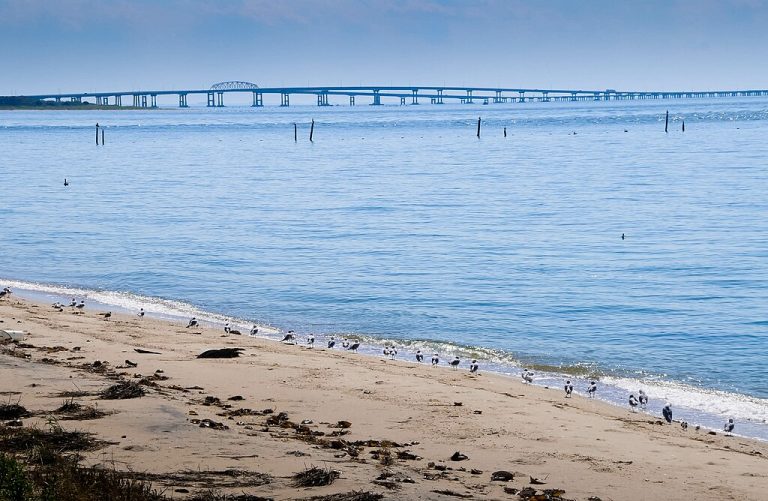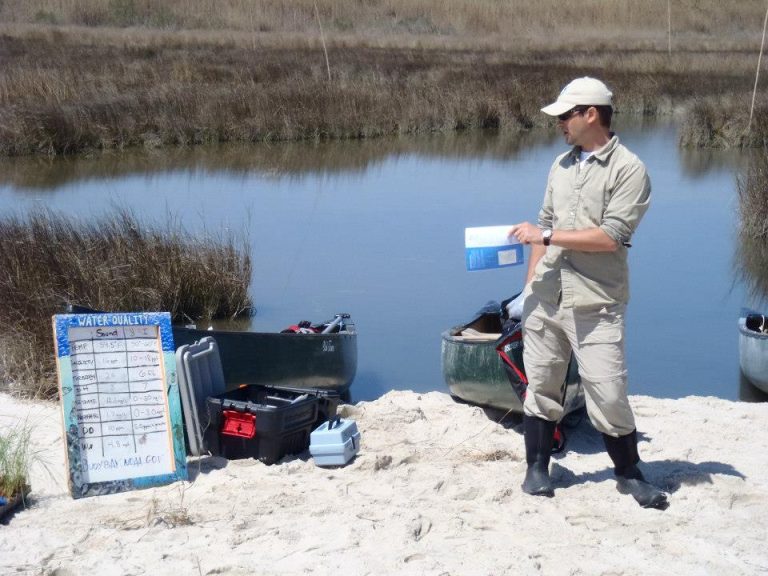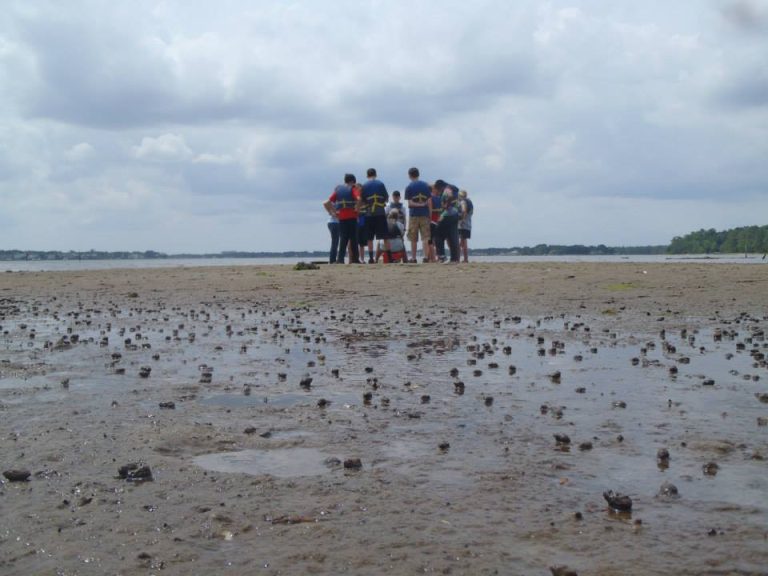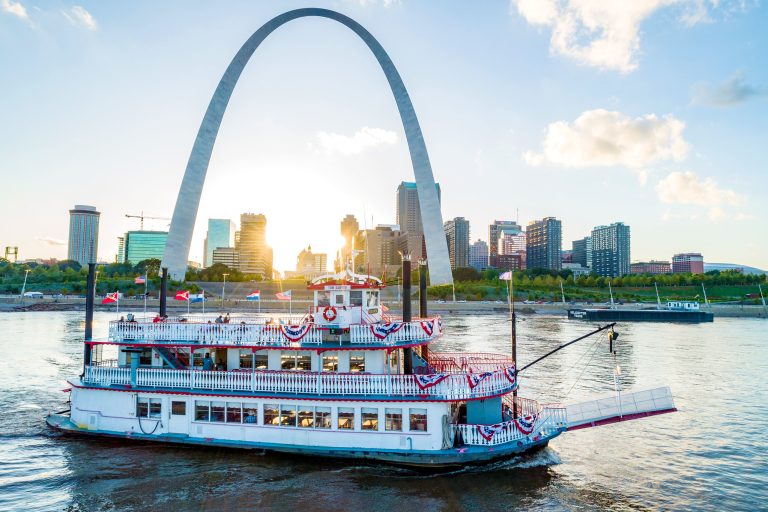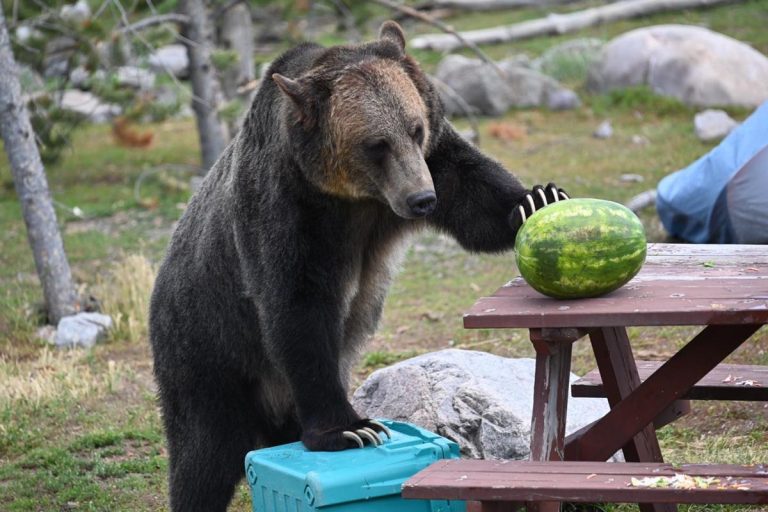CBF is dedicated to preserving and restoring the Chesapeake Bay, the largest estuary in the United States. Through its hands-on educational programs, CBF offers students the opportunity to learn about environmental science, marine ecosystems, and the importance of conservation efforts to protect the Bay and its wildlife.
Teachers planning a field trip to the Chesapeake Bay Foundation can expect their students to engage with real-world environmental science in an outdoor learning environment. Field experiences may include exploring wetlands, rivers, and oyster reefs, conducting water quality tests, identifying native plant and animal species, and learning about the Bay’s complex ecosystem. These hands-on activities help students understand the challenges facing the Chesapeake Bay, from pollution to climate change, and inspire them to take action toward environmental stewardship.
Educational programs align with curriculum standards in biology, ecology, environmental science and sustainability. CBF offers guided field trips aboard boats, onshore explorations, and immersive learning experiences that focus on critical environmental topics such as the impact of human activity on ecosystems, sustainable fishing practices, and habitat restoration efforts. Programs are designed to foster a connection to nature and provide students with practical knowledge about conservation.
Teachers have access to educational resources like lesson plans, pre-visit materials, and post-visit activities to integrate the field experience into classroom learning. Programs can be tailored to meet specific grade levels and focus areas, allowing flexibility for different educational needs.
A field trip to the Chesapeake Bay Foundation provides students with an enriching and hands-on learning experience, inspiring a deeper understanding of marine ecosystems, the importance of environmental conservation, and their role in protecting the future of the Chesapeake Bay and beyond.


